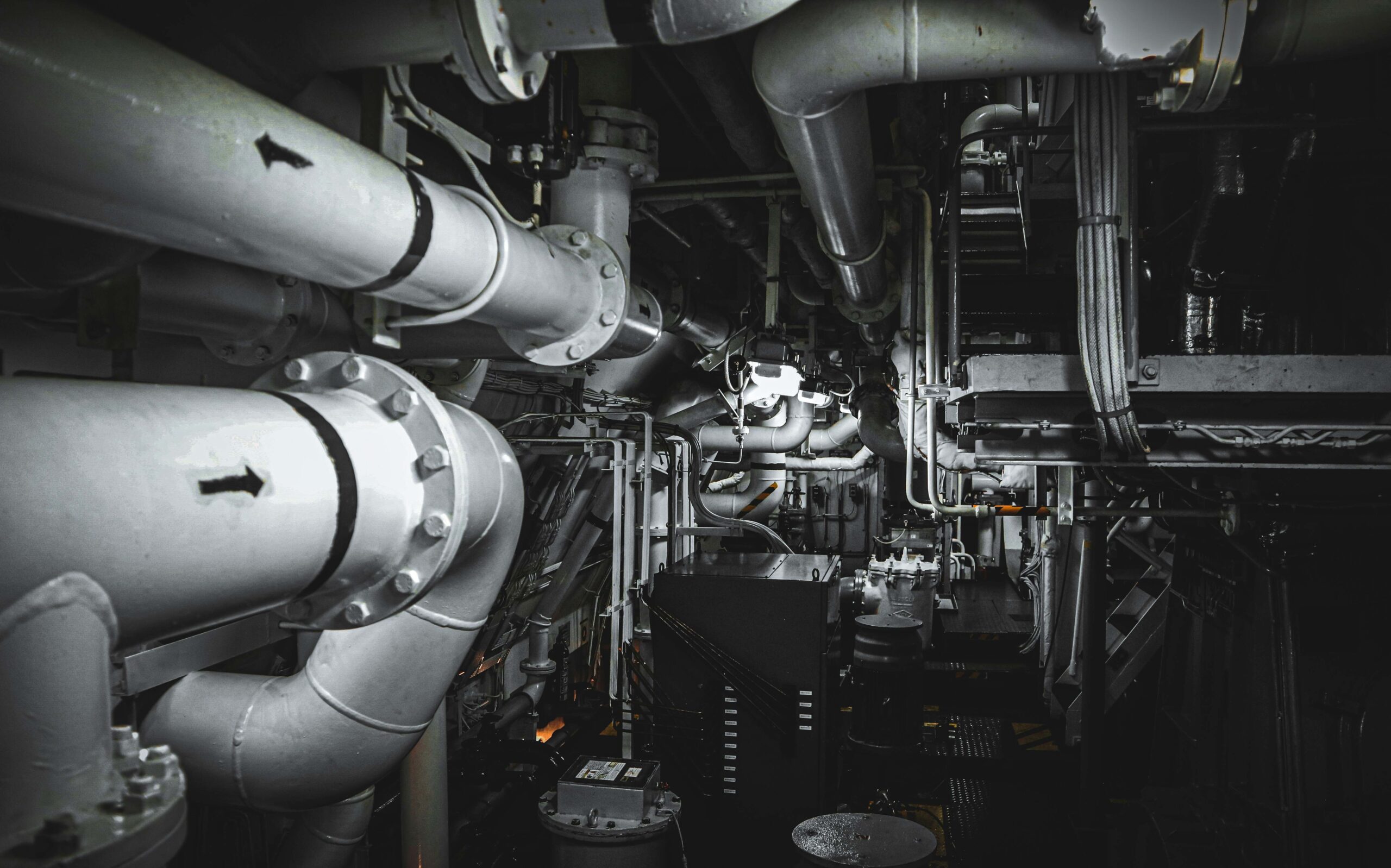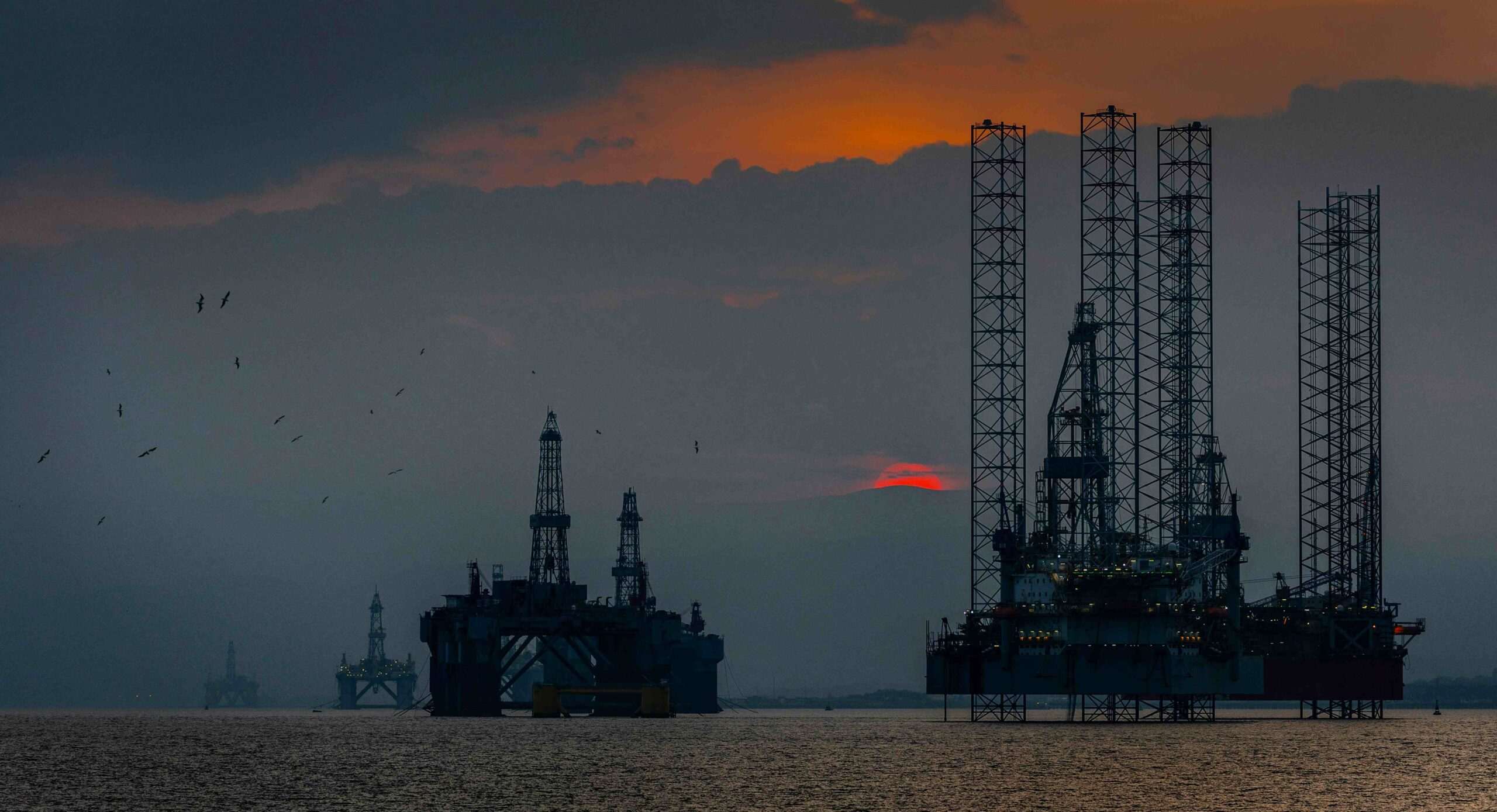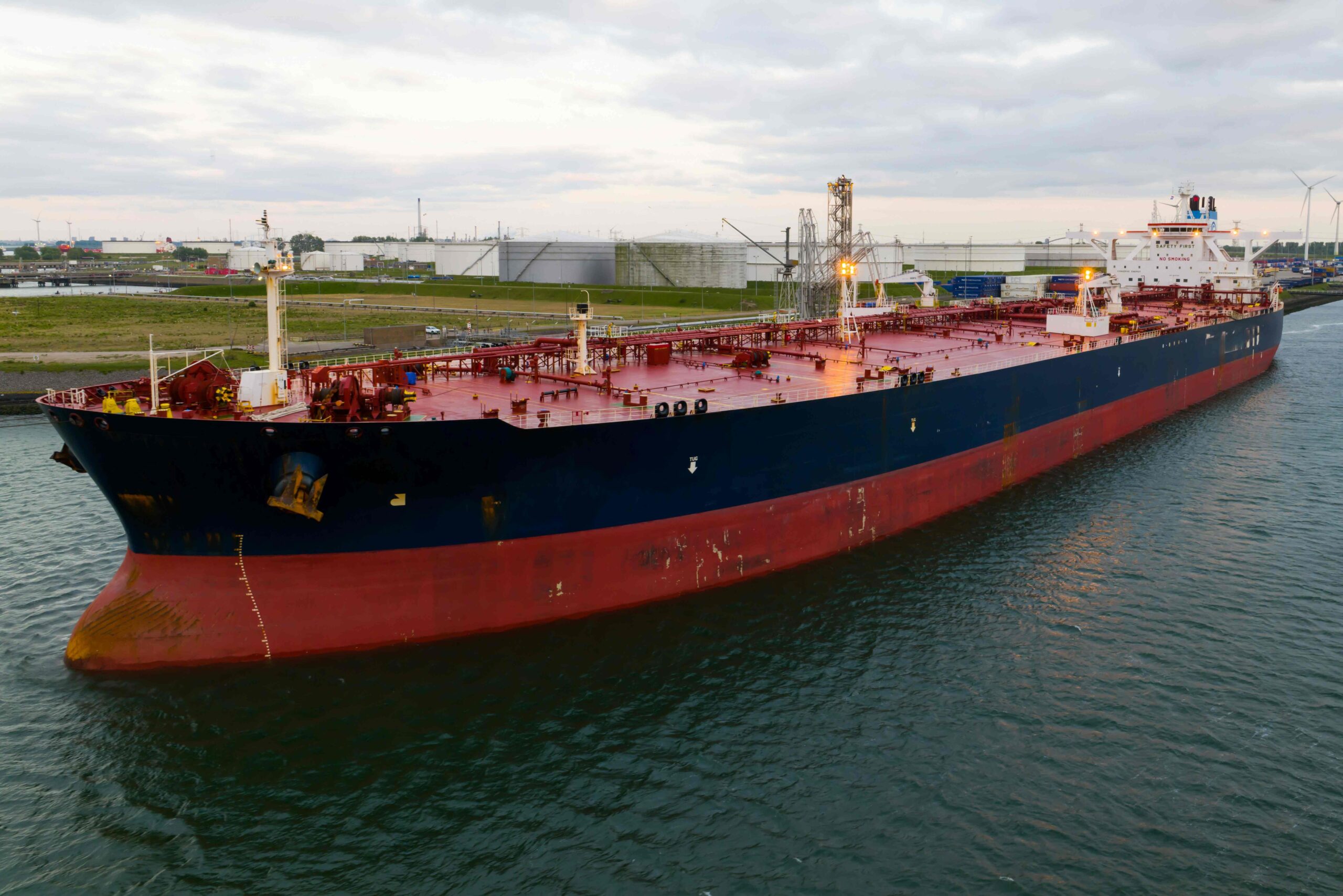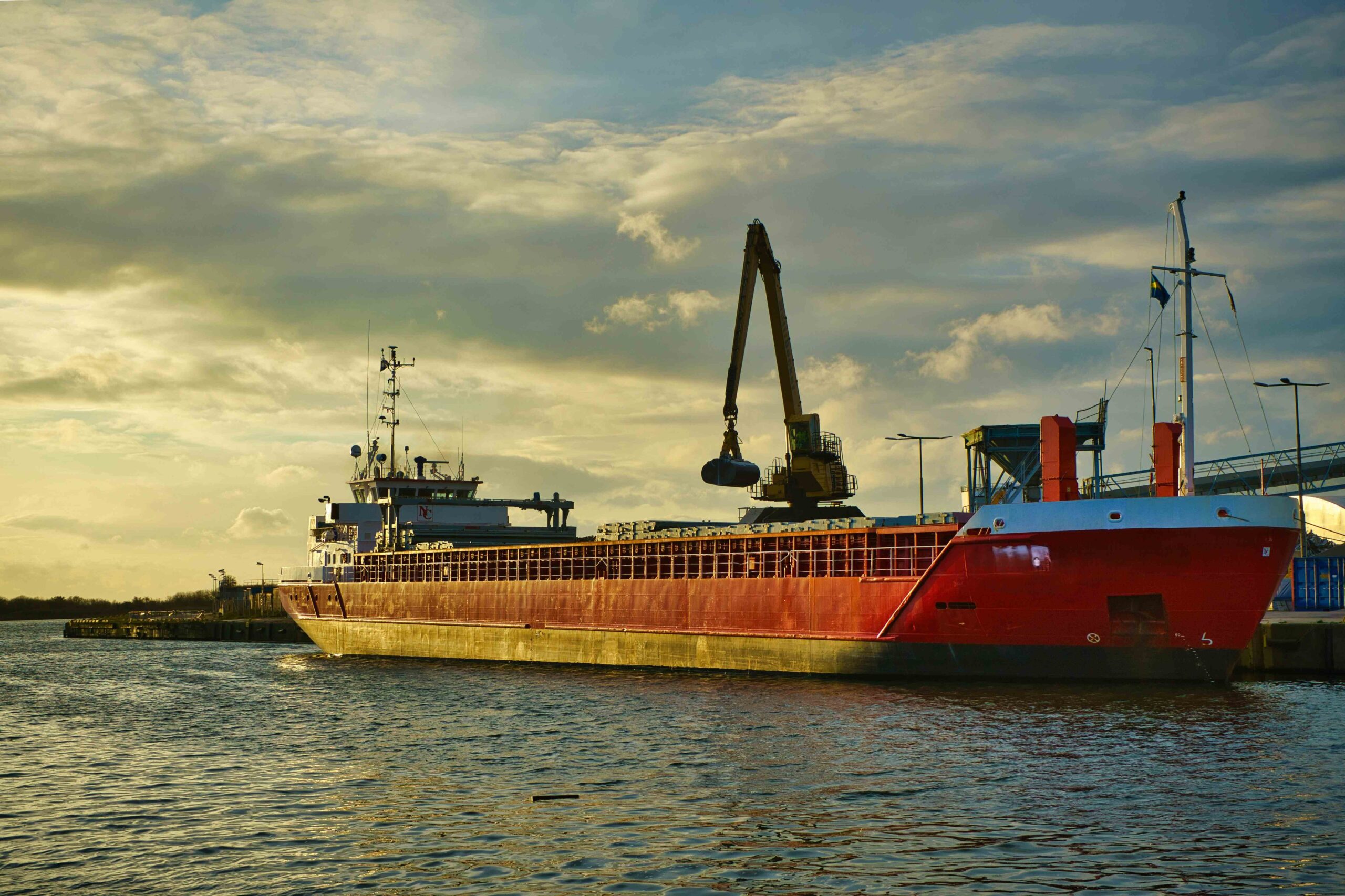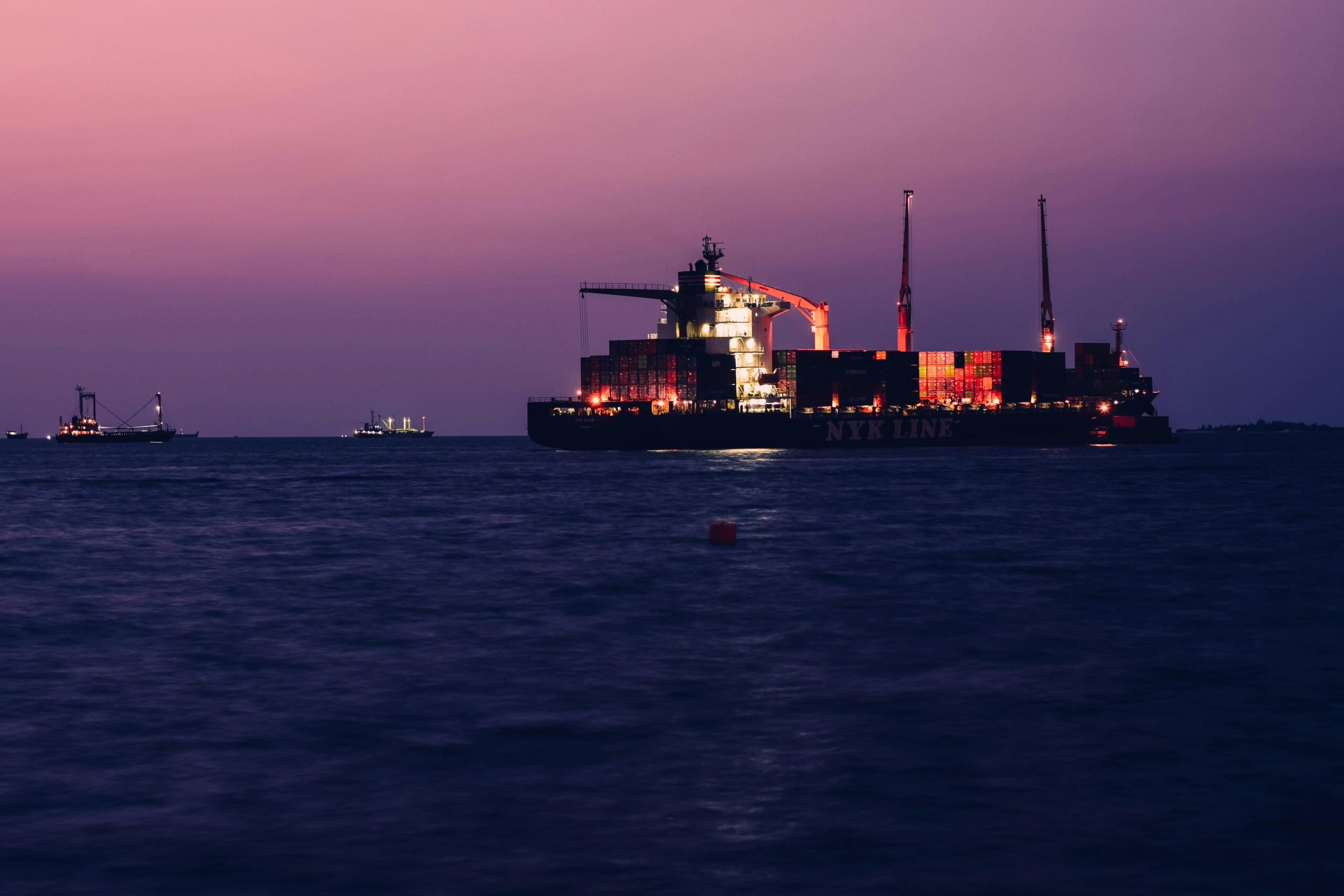Performance Characteristics of Residual vs. Distillate Marine Fuels
Introduction Marine fuels are essential for the operation of the global shipping industry, with two primary categories being residual and distillate fuels. Residual fuels, also known as heavy fuel oils (HFO), are the thick, viscous by-products of the refining process, while distillate fuels,
Impact of Ship Speed Reduction Policies on Bunker Fuel Usage
Introduction The maritime industry plays a vital role in global trade, but it also contributes significantly to greenhouse gas (GHG) emissions and air pollution. In response to environmental concerns, various policies aimed at reducing ship speeds have been implemented. These speed reduction policies
Advances in Catalytic Processing of Heavy Oils into Marine Fuels
Introduction As the maritime industry faces increasing pressure to reduce its environmental footprint, the adoption of green bunker fuel solutions has become a focal point. Various shipping companies and organizations are pioneering the use of alternative fuels and technologies to meet stringent emission
Strategies for Reducing Soot and Particulate Emissions from Bunker Fuels
Introduction Soot and particulate matter emissions from bunker fuels pose significant environmental and health concerns, particularly in maritime transport. As regulatory bodies tighten emission standards, and societal expectations for cleaner air increase, the maritime industry faces the challenge of reducing these harmful emissions.
Advanced Computational Models for Bunker Fuel Combustion Analysis
Introduction In the realm of marine engineering and environmental sustainability, the analysis of bunker fuel combustion has become increasingly crucial. Bunker fuels, which power marine engines, pose challenges related to efficiency, emissions, and compliance with stringent environmental regulations. Advanced computational models have emerged
Fuel Injector Technologies for Bunker Fuel in Marine Engines
Introduction In marine engines, fuel injectors are vital for delivering precise amounts of fuel into combustion chambers at high pressures. This process is crucial for maximizing engine performance, reducing emissions, and meeting strict environmental standards. As the maritime industry evolves, the choice of
Fuel Injector Technologies for Bunker Fuel in Marine Engines
Introduction In marine engines, fuel injectors are vital for delivering precise amounts of fuel into combustion chambers at high pressures. This process is crucial for maximizing engine performance, reducing emissions, and meeting strict environmental standards. As the maritime industry evolves, the choice of
Energy Density and Calorific Value of Various Bunker Fuels
Introduction The energy density and calorific value of bunker fuels are fundamental factors influencing their suitability for maritime applications. Bunker fuels, essential for powering ships across global waters, vary widely in composition and energy content. Understanding these characteristics is crucial for optimizing fuel
Waste Heat Recovery Systems in Ships Using Bunker Fuels
Introduction In the maritime sector, waste heat recovery systems (WHRS) are pivotal for improving energy efficiency and reducing operational costs. Ships, relying on bunker fuels for propulsion and operations, generate substantial waste heat during combustion. Capturing and utilizing this waste heat through WHRS
Fuel Management Systems for Efficient Bunker Fuel Usage
Introduction Efficient management of bunker fuel is essential for the maritime industry, impacting vessel performance, operational costs, and environmental sustainability. Fuel management systems (FMS) play a pivotal role in optimizing fuel usage by monitoring consumption, ensuring compliance with regulations, and enhancing operational efficiency.



